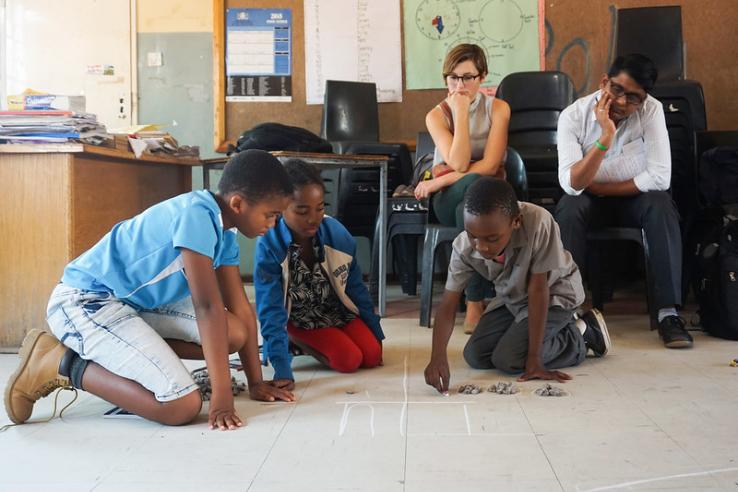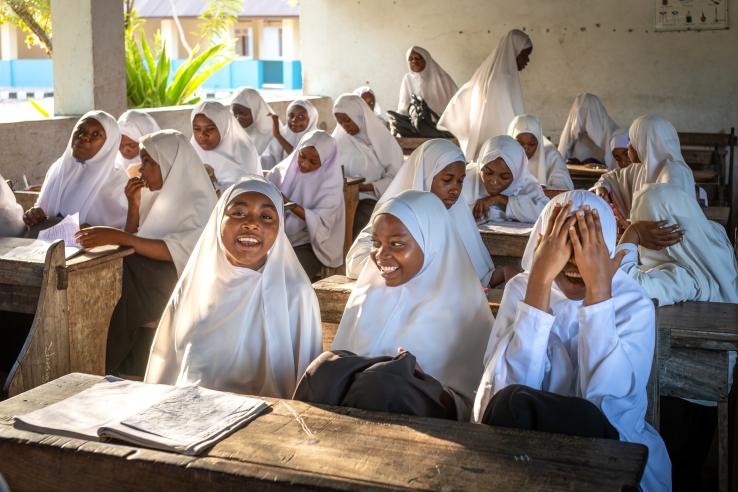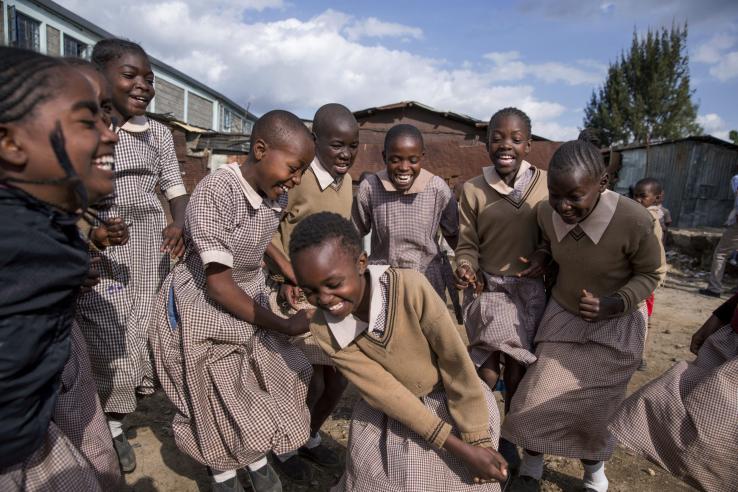Displaying 511 - 525 of 8473
Research Paper
File: Research paper
Research Paper
File: Research paper
Research Paper
File: Research paper
Policy Publication
File: Policy publication
J-PAL recently launched its Learning for All Initiative, which has a core focus on breadth of skills. There is much to learn about whether and how interventions can affect skills that extend beyond literacy and numeracy, including cognitive skills, social skills, emotional skills, creative skills...
Research Paper
File: Research paper
Research Paper
File: Research paper
Research Paper
File: Research paper
Research Paper
File: Research paper
Research Paper
File: Research paper
Research Paper
File: Research paper
Research Paper
File: Research paper
Policy Publication
File: Policy publication
Historically, women’s ability to exercise choice-–such as when to have children or whether to engage in income generating activities—has been constrained and remains severely limited, especially in low and middle-income countries. Barriers to women’s agency limit their capacity to advocate for...
Policy Publication
File: Policy publication
There is growing evidence that life skills programmes may serve as a particularly effective avenue for addressing internal constraints women face in exercising agency, by strengthening women’s “power within”—self-efficacy, aspirations or attitudes about gender.
Research Paper
File: Research paper
Research Paper
File: Research paper


